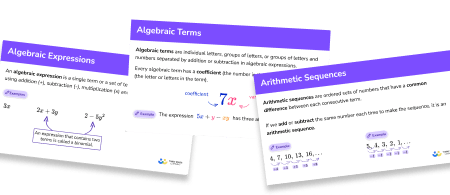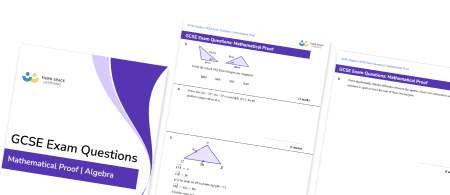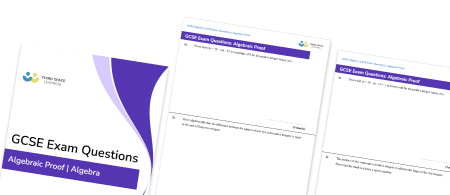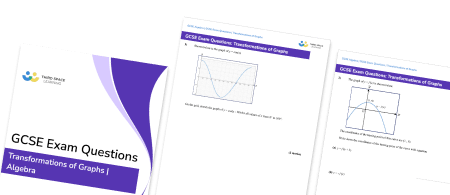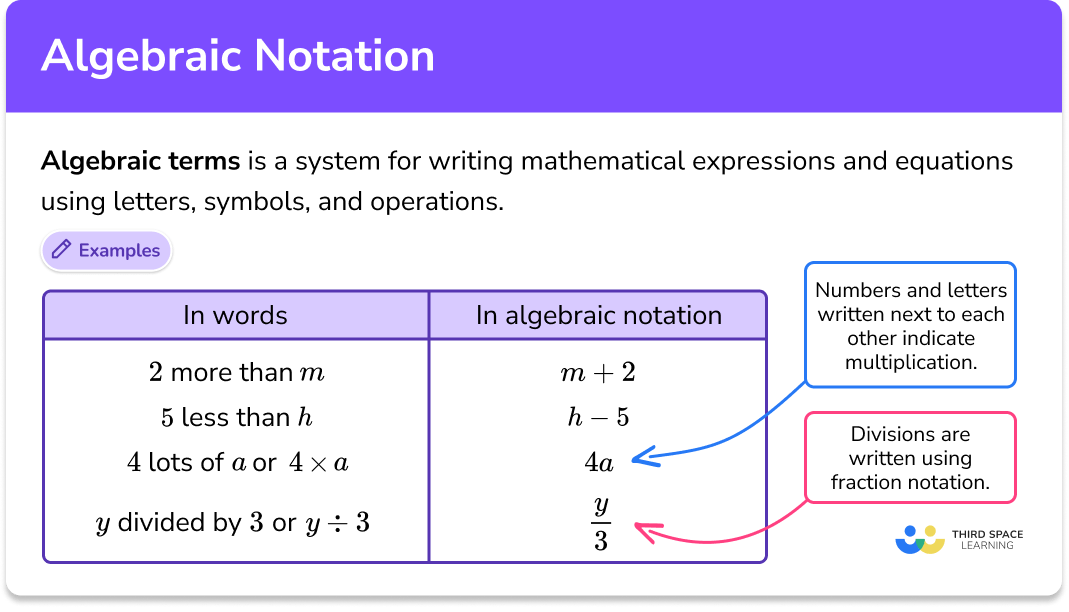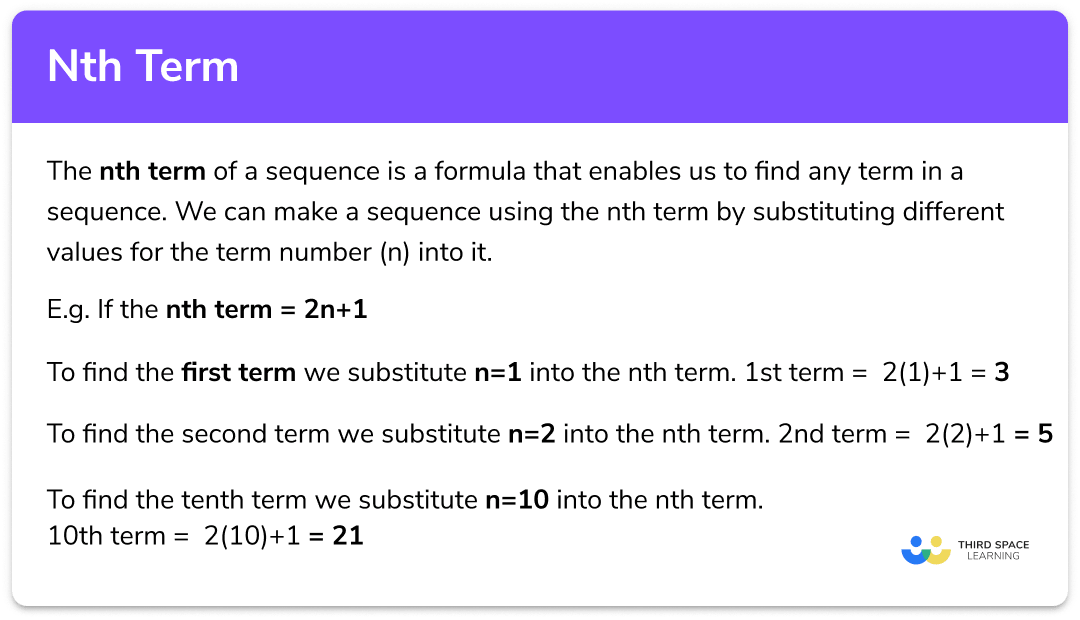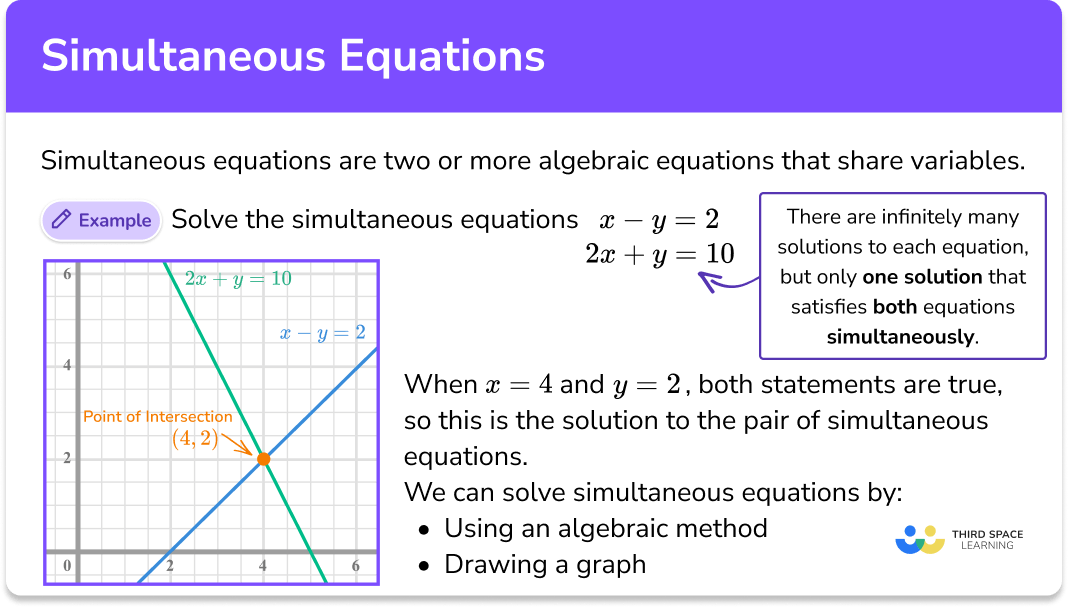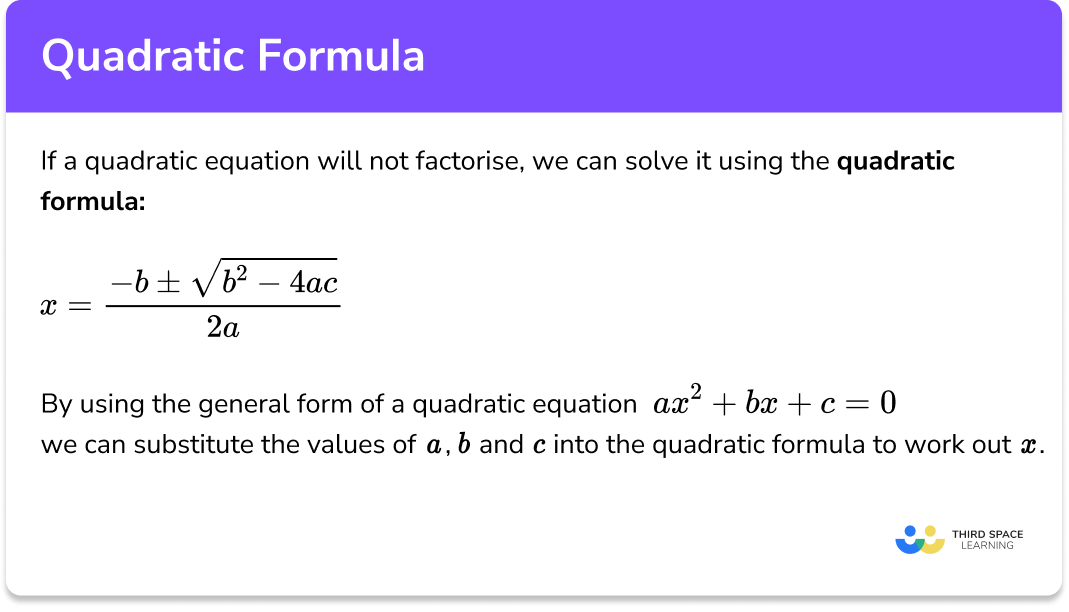FREE DOWNLOAD
Mathematical proof worksheet

Help your students prepare for their Maths GCSE with this free mathematical proof worksheet of 45 questions and answers
- Section 1 of the mathematical proof worksheet contains 36 skills-based mathematical proof questions, in 3 groups to support differentiation
- Section 2 contains 5 applied mathematical proof questions with a mix of worded problems and deeper problem solving questions
- Section 3 contains 4 foundation and higher level GCSE exam style questions on mathematical proof
- Answers and a mark scheme for all mathematical proof questions are provided
- Questions follow variation theory with plenty of opportunities for students to work independently at their own level
- All questions created by fully qualified expert secondary maths teachers
- Suitable for GCSE maths revision for AQA, OCR and Edexcel exam boards
- Free downloadable and printable resources
Mathematical proof at a glance
A mathematical proof is a logical sequence of mathematical statements that proves that something is always true. For example, we could use algebra to prove that the sum of two consecutive odd numbers is always a multiple of 4 or we could use circle theorems to prove a statement about angles.
Algebraic proofs involve working from a starting point, which we write on the left hand side. They often require the expansion of brackets followed by the manipulating/simplifying/ factorising of the algebraic expression, which we write in a logical step by step way on the right hand side. We continue until a conclusion can be made about the final expression. When working on algebraic proofs, we generally use 2n when we want to represent an even number (integer) and 2n+1 to represent an odd integer.
Geometrical proofs could involve using angle facts or circle theorems to prove statements about angles or using our knowledge of vectors to prove geometric statements. Sometimes, problems might involve using our knowledge of geometry and algebra together to form a proof.
We could also be asked to prove something by counterexample. This means finding an example which doesn’t work for the given statement, therefore proving it is not alway true. For example, if you are given the statement that if you add 1 to a multiple of 4 you always get a prime number, you could prove this is not true by finding an example where it doesn’t work.
Mathematical proof is studied further in A Level maths, and other methods of proof, such as proof by induction and proof by contradiction, are introduced.
Looking forward, students can then progress to additional proofs in maths worksheets or more algebra worksheets, for example a sequences worksheet, simultaneous equations worksheet or straight line graphs worksheet.

For more teaching and learning support on Algebra our GCSE maths lessons provide step by step support for all GCSE maths concepts.
Do you have students who need additional support?

With Third Space Learning's secondary maths tutoring programmes, students in Year 7-11 receive regular one to one maths tutoring to address gaps, build confidence and boost progress.
"My confidence in the tutoring is high. We've had some phenomenal results. I even had one girl get a Grade 8 this year; she came to every tutoring session."
Stacey Atkins, Maths Director, Outwood Grange Academies Trust

